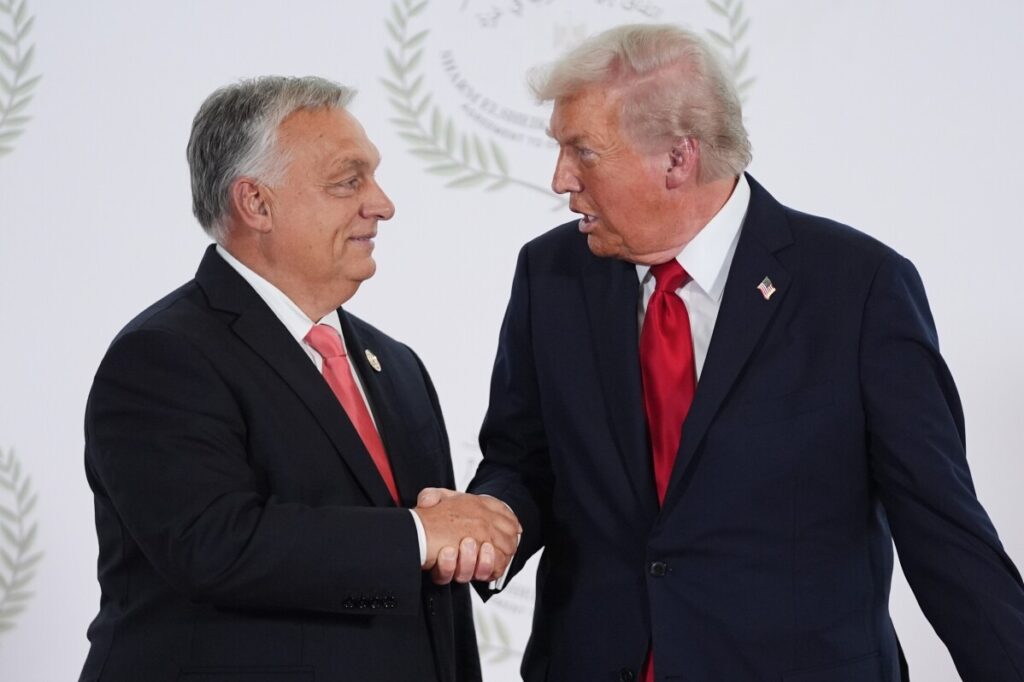Trump’s Hesitation on Tomahawks Exposes Flaws in U.S. Ukraine Strategy
As President Trump prepares to host Zelenskyy amid ongoing war, his reluctance to send Ukraine long-range Tomahawk missiles reveals a troubling gap between American interests and the administration’s actions.

President Donald Trump’s upcoming White House meeting with Ukrainian President Volodymyr Zelenskyy comes at a critical moment in the conflict with Russia. Yet, despite Ukraine’s urgent request for advanced Tomahawk cruise missiles, Trump’s recent remarks suggest he may not be prepared to provide Kyiv with the weaponry it needs to defend itself effectively.
Why should hardworking Americans care? Because every decision about arming Ukraine directly impacts America’s standing in the world and the security of our own borders. Trump’s cautious stance on transferring missiles with a nearly 1,000-mile range raises questions about whether Washington is prioritizing global influence or domestic military readiness.
Are We Sacrificing American Strength in the Name of Diplomacy?
Following a lengthy phone call with Vladimir Putin, Trump emphasized the need to retain Tomahawk missiles for the United States, stating, “We have a lot of them, but we need them. I mean we can’t deplete our country.” This rationale, while grounded in protecting U.S. defense capabilities, risks leaving Ukraine vulnerable to Russia’s aggression and undermines American leverage against Putin’s expansionist ambitions.
Putin’s warning that supplying Ukraine with Tomahawks would damage U.S.-Russia relations should not scare Washington into passivity. Instead, it exposes the globalist tendency to prioritize fragile diplomatic ties over the sovereignty and security of a free nation under assault. How long will Washington tolerate allowing Russia to bully its neighbors unchecked while America hesitates?
Economic Interests Should Not Eclipse National Security
Zelenskyy aims to entice Trump with proposals to deepen U.S.-Ukraine energy cooperation, including storing American liquefied natural gas on Ukrainian soil, thereby expanding America’s presence in the European energy market. While this aligns with America First principles—boosting U.S. economic strength abroad—it cannot come at the expense of providing Ukraine the military tools essential for its survival.
The stakes extend far beyond Ukraine. A weak response emboldens adversaries worldwide and sends a damaging message to America’s allies. Trump’s past success in brokering ceasefires, such as between Israel and Hamas, demonstrates that America can lead as a peacemaker without compromising its strength. Yet, halting progress in Ukraine shows the limits of diplomacy without credible deterrence.
Ultimately, the question remains: Will Trump’s administration stand firm to secure Ukraine’s freedom and, by extension, America’s national sovereignty? Or will a cautious approach allow Russia to chip away at the international order, threatening U.S. interests and global stability?
For families already concerned about inflation and national security, this hesitation is more than a geopolitical debate—it’s a call to demand leadership that puts America first, firmly armed and resolute.
